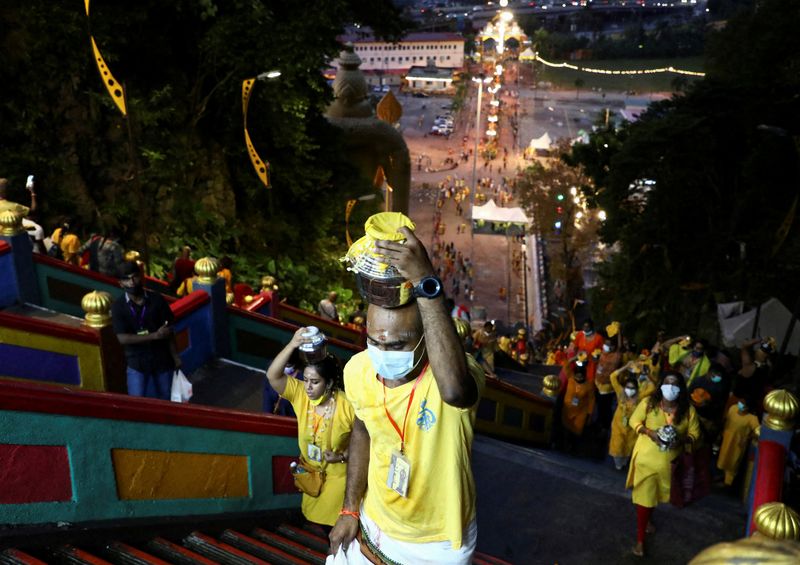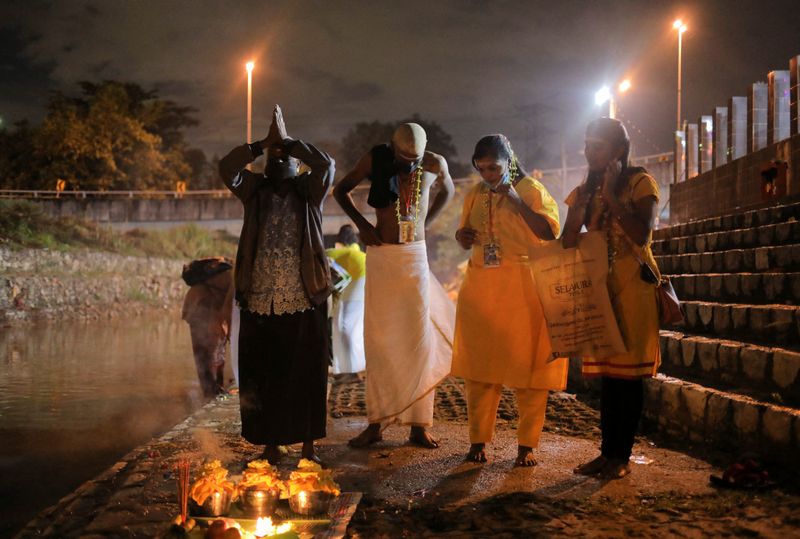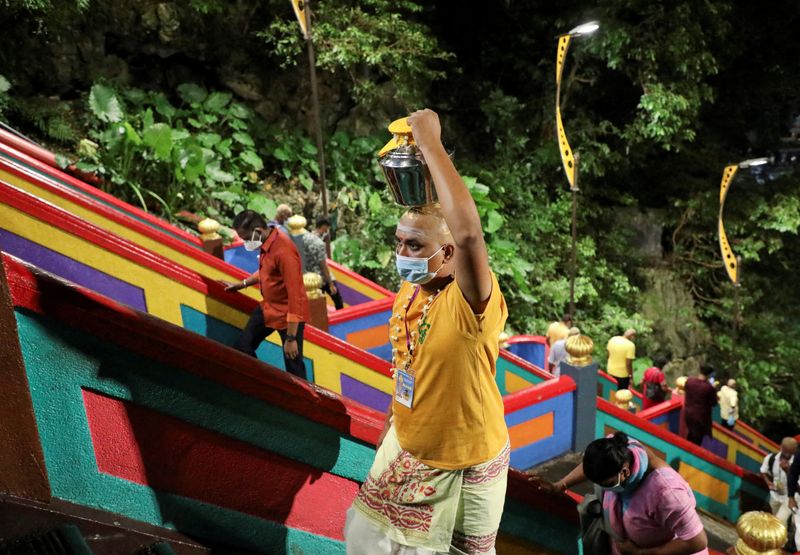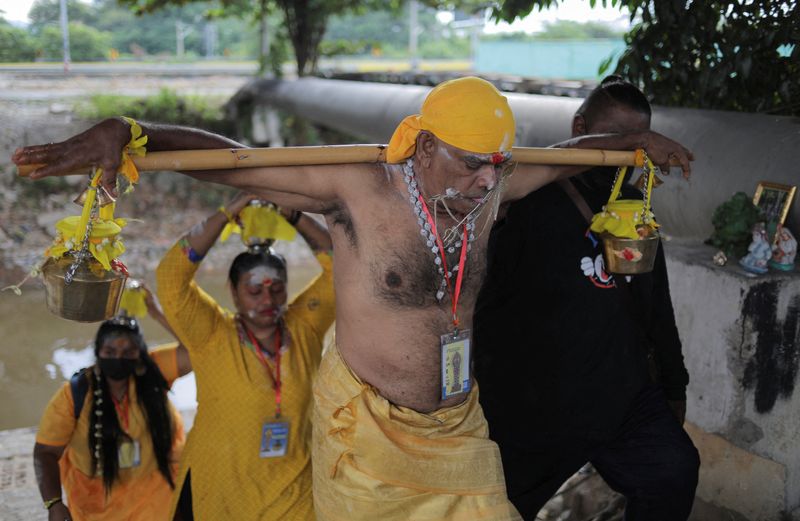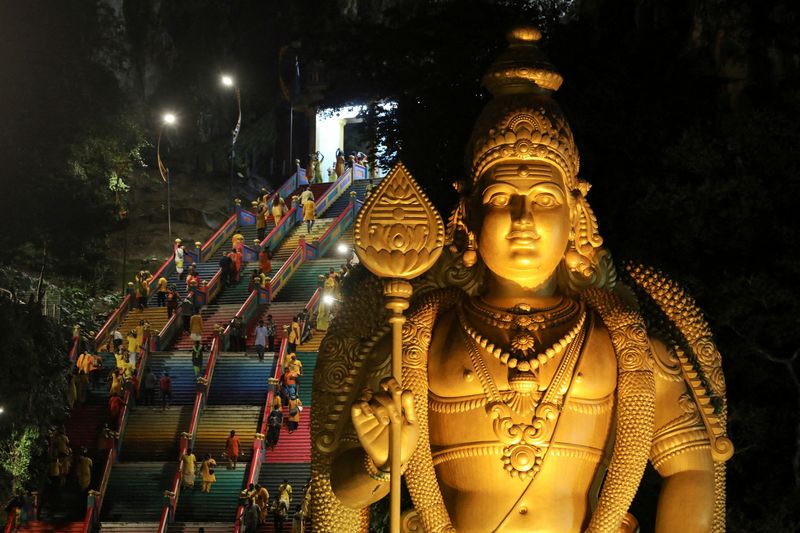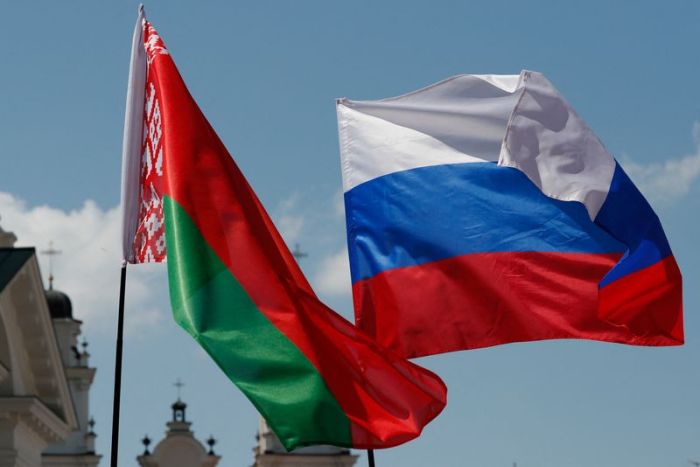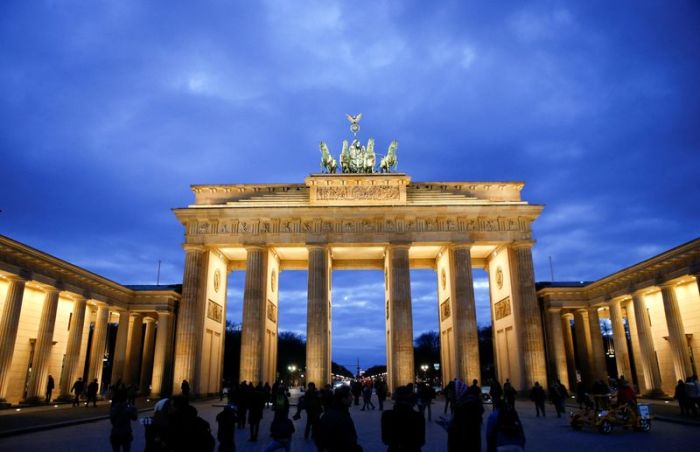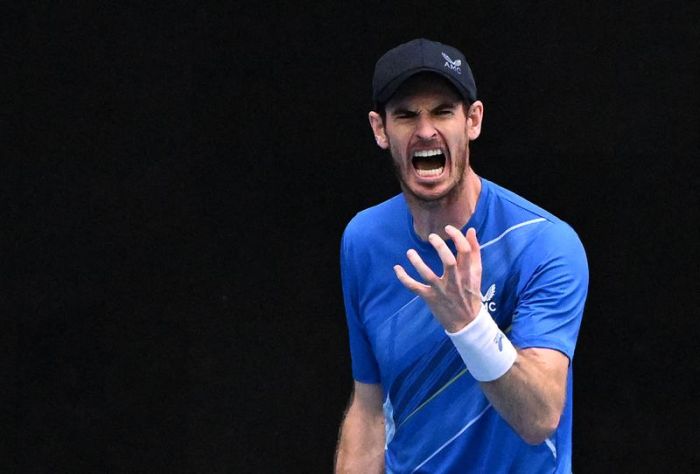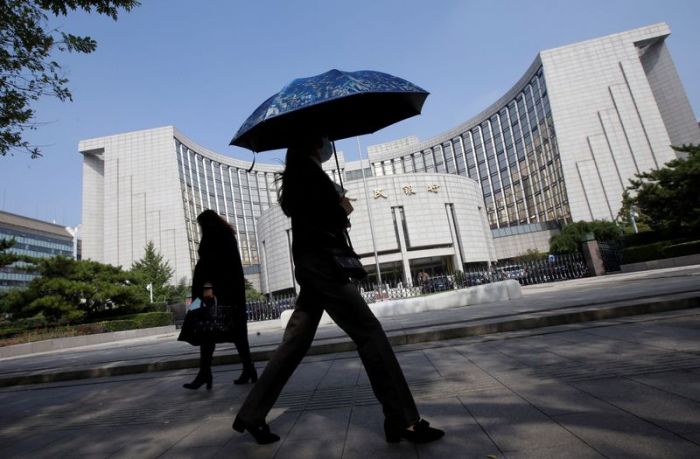KUALA LUMPUR (Reuters) – Malaysian Hindus celebrated a scaled-down Thaipusam festival on Tuesday, with limited numbers allowed to take part and with some traditions, such as devotees piercing their cheeks with skewers and carrying altars, banned due to coronavirus curbs.
The festival, which commemorates the birth of the deity Lord Murugan, was cancelled last year due to the pandemic.
Some who attended this year’s festival at the Sri Subramaniar Swamy Temple at the Batu Caves on the outskirts of Kuala Lumpur said they were disappointed by the more muted celebrations with no music or drums to accompany the processions.
“Before this I’m very happy and excited, we can do everything and now we cannot do that even when praying we have to do it quickly and leave,” said Janani Nillajandel, 25.
The festival takes place in India but also in countries like Malaysia and Singapore which have big Hindu communities.
In Singapore, 14,000 people were expected to visit the Sri Thendayuthapani Temple for Thaipusam celebrations on Tuesday, but people would only be able to worship in groups of five, The Straits Times reported,
Malaysian health protocols this year limited the number of participants to 6,000 compared with the tens of thousands who usually attend and people were not allowed to carry kavadis, the ornately decorated altars.
“Every year we come here we will pray with full hearts, but since two years of COVID, we cannot pray with our full hearts,” said Krishnasamy Kadappan, 60, in Malaysia.
During the festival, some worshippers pierce their skin, tongue or cheeks with metal skewers or hooks, believing they will leave no scars or feel pain when in a trance-like state.”Even though it’s not as lively as the previous ones, it’s still okay for us because they let us celebrate, we can see our Lord Murugan,” said Shubanabishek Krishnasamy, 21.
“I hope after this the Thaipusam celebration will be back to normal,” Krishnasamy said.
(Writing by Ed Davies. Editing by Jane Merriman)

